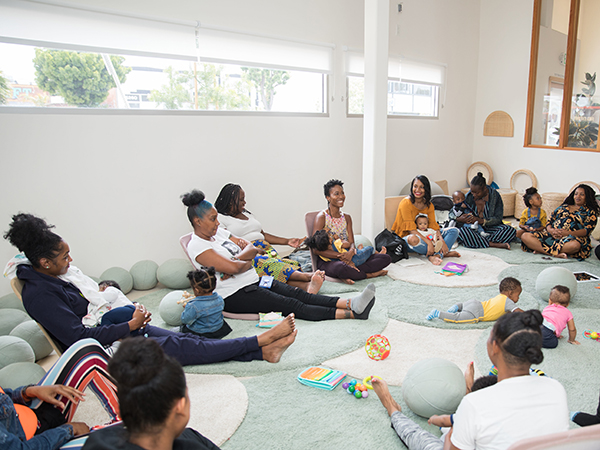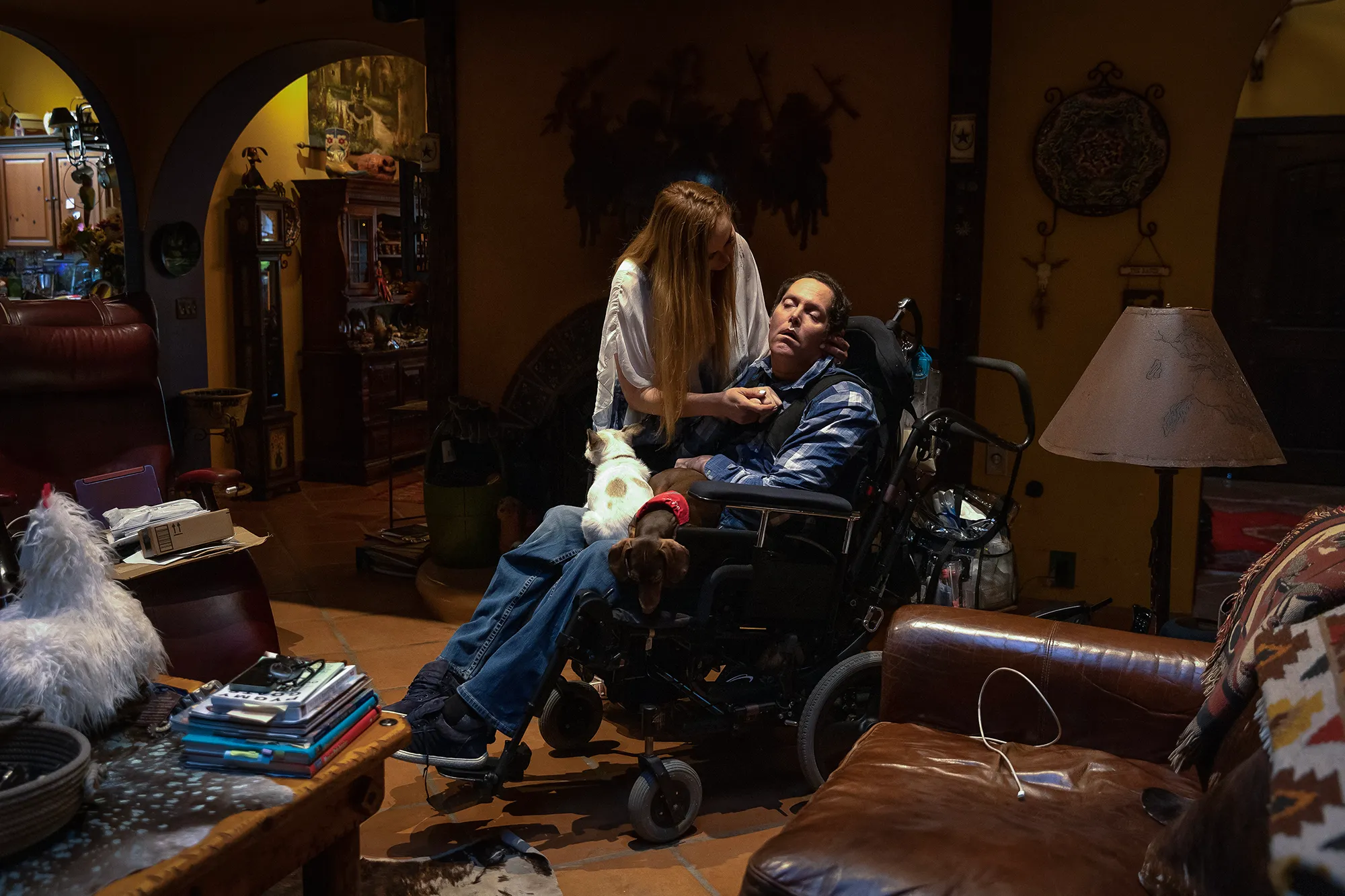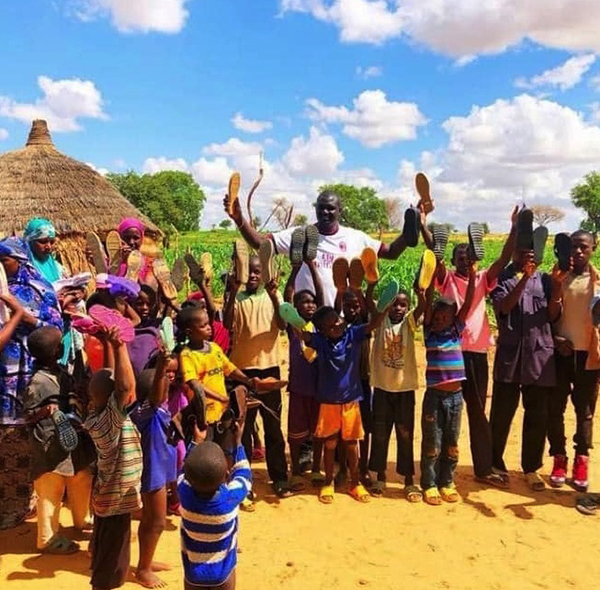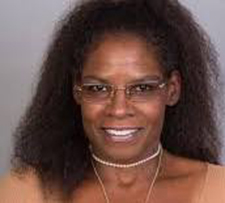MAKING A DIFFERENCE
By Darlene Donloe
Contributing Writer
There are some disturbing statistics surrounding the ratio of Black mother/infant deaths in Los Angeles County compared to their white and Asian counterparts.
In Los Angeles County, Black mothers are more likely to die due to complications during pregnancy than other women. Despite a gradual decline in Black infant mortality in the county since 2007, Black infants continue to die at more than three times the rate for white and Asian infants, the two racial/ethnic groups with the lowest infant mortality rates.
According to the Black Infant Health program, Black women are four to five times more likely to die from pregnancy and delivery complications than women of other races.
Anju Kane, the program supervisor of the Black Infant Health program, which is run through the Children’s Collective, (a contractor for the state Department of Health), considers the statistics a public health crisis.
“It would be the responsibility of public health officials and health care officials to respond to it in the proper way because it’s definitely a public health crisis,” Kane said. “Interventions and funding have to happen. There has to be a structural change in health care. It’s hard. It’s an implicit bias.
“The people who take care of us have a prior bias in their heads. How they treat Black people has an impact. It has to start in the beginning. It must be addressed in medical schools.”
A goal of Black Infant Health, which has been around for 30 years, is to improve Black infant and maternal health as well as decrease health inequities in infant and maternal mortality rates. The program serves women 18 years and older. If under 18, mothers are referred to another program.
“Black Infant Health is really important,” Kane said. “We are here for Black women and babies. California has really been doing more work than other states as well as perinatal-neonatal equity goes. We put more money in than other states.”
Black Infant Health was created as a result of California Senate Bill 165 of the Budget Act of 1989 to address the high rate of infant mortality for African-American families. Los Angeles County was among the first health jurisdictions to receive funding from the state to implement a culturally specific perinatal intervention aimed at reducing the African-American infant mortality rate.
The program is a voluntary, group-based intervention focused on improving maternal and infant health outcomes by helping Black women build resilience, gain social support and improve skills for reducing stress.
Black Infant Health is a statewide effort aimed at reducing the health disparities affecting Black families and their babies. It does so through culturally appropriate services.
“When women come into our groups, they are in a culturally affirming environment,” Kane said. “They are taught Black women to Black women. They talk about their experiences and racism. It’s a safe space. They talk about trauma-based parenting, slavery and other topics they won’t get anywhere else.”
Kane, who has a master’s degree in public health from USC, wanted to work for the organization because she has a “passion” for public health.
“There are so many health disparities and inequities, especially in the African diaspora as a whole,” said Kane, who previously worked at Great Beginnings, a community preschool committed to teaching and caring for the young children of diverse families. “Maternal infant health as well.
The disparities in infant mortality, which we’re facing, is what brought me to the Black Infant Health program. I feel called to make change and improve birth outcomes for Black women and babies. A lot of these disparities are preventable. There are stark disparities in maternal health and infant health and disparities in treatment for Black women.”
Kane said the disparity in maternal mortality between Black people and everyone else is a clear sign that structural racism exists.
“Luckily, the California Department of Health is acknowledging that,” Kane said. “It’s not in the shadows. They are openly stating that chronic stress in Black women is due to racism. Racism, as well as social and economic stressors, play a major role in poor birth outcomes. Babies are born too early and too small to Black women.”
Kane said it’s unfortunate that the health system “falls short during a woman’s most critical and vulnerable time.”
“One of the main things that Black women have limited access to is resources in the community in which they live,” Kane said. “There is a lack of social support and there is higher chronic stress. Chronic stress impacts your body, which, in turn, impacts your baby. Our genes can hold the stress. We’re passing it down. It’s multigenerational.”
Kane, 27, said the programs within Black Infant Health address those factors.
“We try to address those factors by making sure the mothers who come to us have social support — sister circles, and group intervention,” Kane said. “Essentially we place women in groups where they have a different topic every week for 10 weeks. They build relationships, create friendships, and have a safe space to talk about what they are going through. We provide family health advocates to work with them to identify stress factors that can include finances, relationships and education.”
Black Infant Health provides free resources and support materials that include diapers, wipes, car seats, breast pads and pumps, cribs and bassinets.
“All we ask is that the women participate in the program,” said Kane, who hails from Baltimore. “Providing resources and support helps to alleviate stress. The most essential component of our program is social support.”
When women come into the program, they are usually 30 weeks pregnant or less. Participants participate in weekly group sessions (10 prenatal and 10 postpartum). The sessions are designed to help women access their own strengths and set health-promoting goals for themselves and their babies.
“When Black women express concerns about how they are feeling and especially about their pain, the whole health system is slower to respond,” Kane said. “They are clearly not being heard. There shouldn’t be any women that feel this way. We hear them, though.”
Kane said the women who come to Black Infant Health have told them that health professionals don’t really listen.
“We’re hearing that the professionals disregard what a patient is saying,” Kane said. “Professionals should not be dismissing them. They need to listen to their concerns. Unfortunately, some of the women don’t have the best birthing experiences.
“The Black Infant Health program has a birth plan to set a vision of what women want their birth to look like. We’ve been able to get doula support, which has been significant. The women are able to talk to them, go to appointments, advocate for themselves, and get support during birth.”
Advocating for one’s health is monumental, Kane said.
“It’s really important,” she said. “It’s hard, though. In our society, the system is built where it’s challenging. We don’t always understand the terminology or how our health system works. We’re the experts on our own bodies. We know when something feels different, or when it’s not feeling right. It’s vitally important for women to have a voice.”
In a perfect world, Kane would like to see every Black woman have a doula and midwife to work with during their pregnancies.
“I’d like for Black women to have access to childbirth education, resources — health and wellness and mental health and structural change,” she said. “I’d like to see more programs like BIH throughout the U.S. I’d like to have more preventive care, not curative care.”
“Making a Difference” is a weekly feature profiling organizations that are serving their communities. To propose a “Making a Difference” profile, send an email to newsroom@wavepublication.com.
Darlene Donloe is a freelance reporter for Wave Newspapers who covers South Los Angeles. She can be reached at ddonloe@gmail.com.












